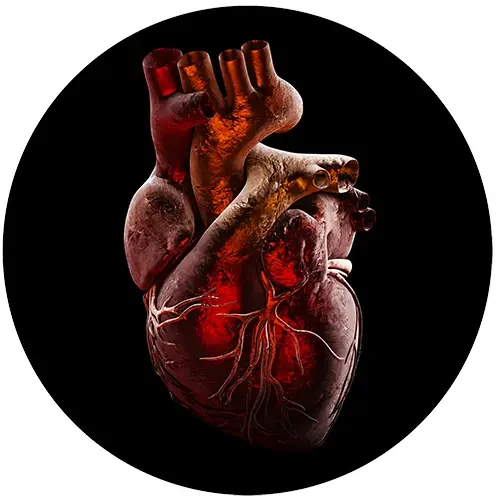Maya Warren
Maya had always led an active lifestyle, enjoying yoga, roller skating, and working out regularly. In 2005, when Maya was 30, she started experiencing heart palpitations, initially attributing this to work stress and too much caffeine. However, because Hypertrophic Cardiomyopathy (HCM) ran in her family, she elected to see a cardiologist to be sure. Her father had been diagnosed with HCM when he was in his 30s; her paternal aunt also had HCM and had undergone myectomy surgery and, years later, a heart transplant, and her brother had been recently diagnosed. Maya's cardiologist ordered some tests. One of her test results, an echocardiogram, showed mild thickening of her heart. Maya was diagnosed with HCM.
Maya remained active for 16 years after her diagnosis. She maintained a healthy lifestyle, reduced her caffeine intake, and had regular echos every 3-5 years at an HCMA-recognized Center of Excellence (COE).
In the early spring of 2021, Maya began to experience symptoms, including shortness of breath and extreme fatigue. She made an appointment with her cardiologist, who ordered a cardiac MRI and had her wear a Holter monitor for a month. "Even though I knew I had this diagnosis, HCM was the furthest thing from my mind. I wasn't having chest pain; I had all these nonspecific symptoms, so I didn't think it was related to my heart." She received the Holter monitor results, which showed nothing remarkable, but her MRI showed quite a bit of scarring. As a result, she set an appointment with her cardiologist to discuss implanting an ICD. Two days before her appointment, Maya had a cardiac arrest.
About her cardiac arrest, Maya says, "That day, all I can say is it was divine intervention. It was Sunday, August 22, 2021, my kids were out, and my husband was doing yard work, leaving me alone in the house. Instead of taking my normal Sunday afternoon nap, I really felt like I needed to visit my friend. While at her house, we were getting ready to watch a movie, and I passed out in front of my friend and her husband. It was divine intervention that I wasn't alone in my house when this happened. They witnessed this and called 911 immediately; the fire department was only two blocks from their house. EMS got there within 5 minutes and saved my life." Maya spent a week in the hospital and had an ICD implanted.
After Maya's cardiac arrest, her cardiac function severely declined. "I wasn't able to return to my normal life. I couldn't do yoga, roller skating, or any other exercise because of significant shortness of breath and extreme fatigue. I couldn't even walk through the food store with my husband. I would ride on the scooter or not go with him." She began exploring septal reduction options with her cardiologist because she felt her life was restricted and wanted to resume her active lifestyle. The choices presented to her were to have a myectomy (open heart surgery), or she could try Camzyos (a myosin inhibitor oral medication) to reduce her obstruction.
"Camzyos was approved in the USA by the FDA in April of 2022, and in my experience as a pharmacist, I was apprehensive about trying a drug that hadn't been out for at least a couple of years. I read some posts on the HCMA Facebook group from patients who were taking Camzyos. I was encouraged by comments stating they could hike again or do other activities they couldn't do before they started Camzyos. After a lot of back and forth between my pharmacist mind and my personal mind and many conversations with my cardiologist, I decided to try it. I'm on week ten (June 2023) taking Camzyos, and I notice a difference".
When asked how Camzyos was making a difference, Maya said, "Last week, for the first time in two years, I could walk around the grocery store and shop with my husband. That was exciting. I said to my husband, 'Do you see me? Do you see me right now? I'm not even panting'. I've had no episodes of dizziness or fainting. My shortness of breath has decreased, and my endurance has increased".
Maya says, "My heart goes out to people who don't qualify to try Camzyos, or maybe the drug just wasn't available for them when they needed it, and they had to take a different route. I am very thankful for this option to try a less invasive septal reduction therapy."
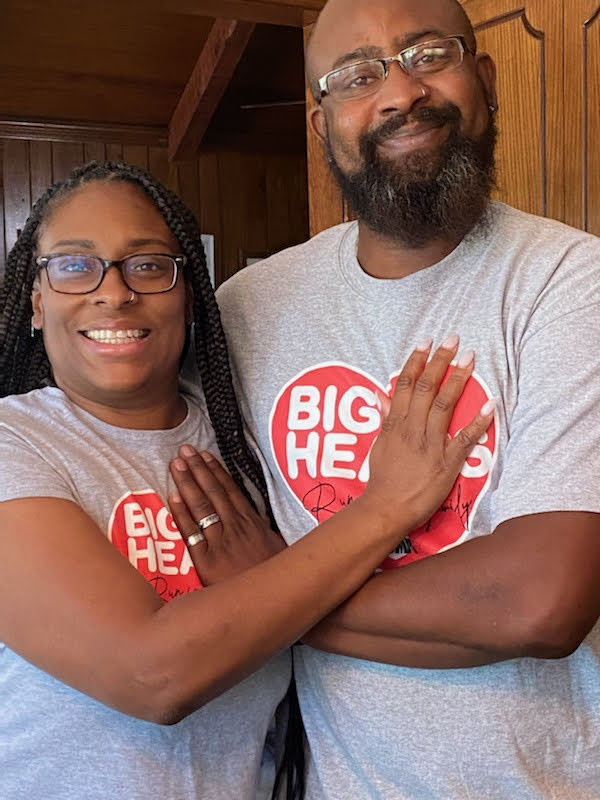
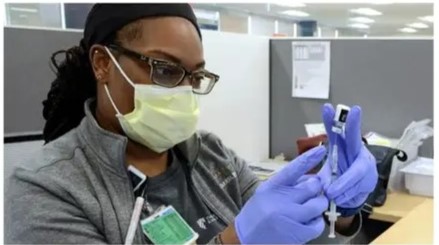
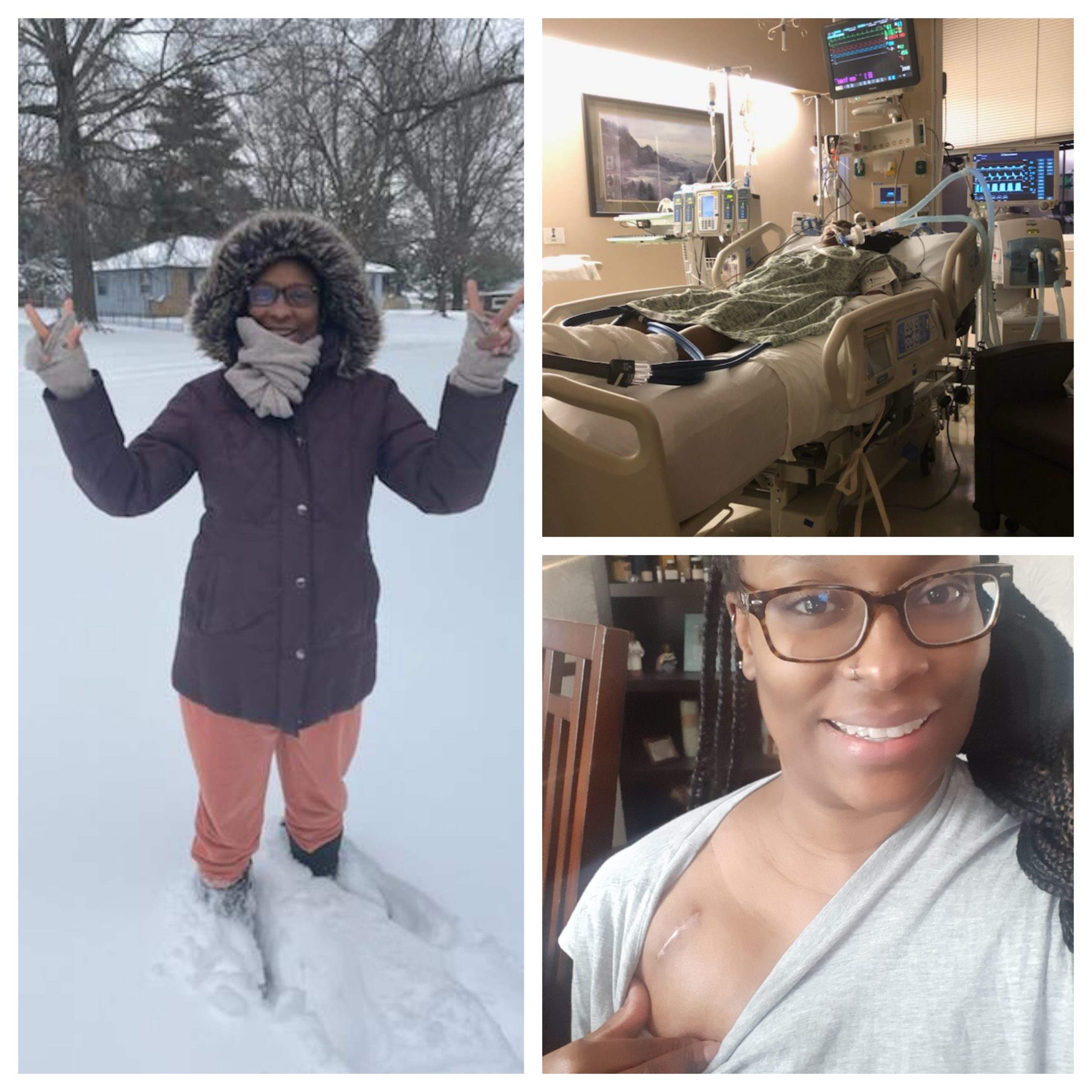
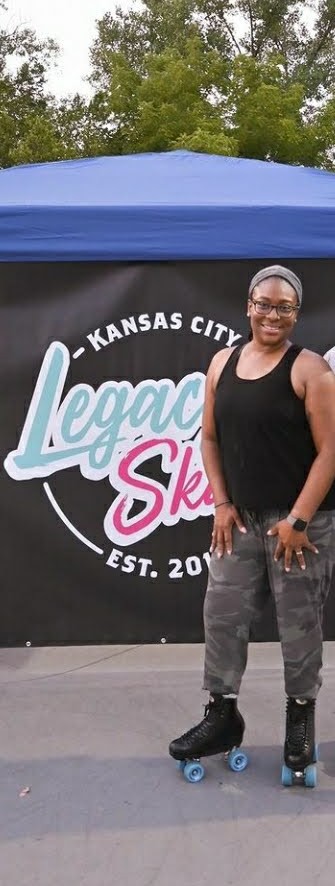
Please share this story to bring awareness to HCM!
To learn more about accessing care at a HCMA Recognized Center of Excellence, go to https://4hcm.org/center-of-excellence/.
To learn more about hypertrophic cardiomyopathy (HCM), go to https://www.4hcm.org.
#4HCMAwareness #HCMStrong #HCMDay #4HCMWarriors #4HCM

